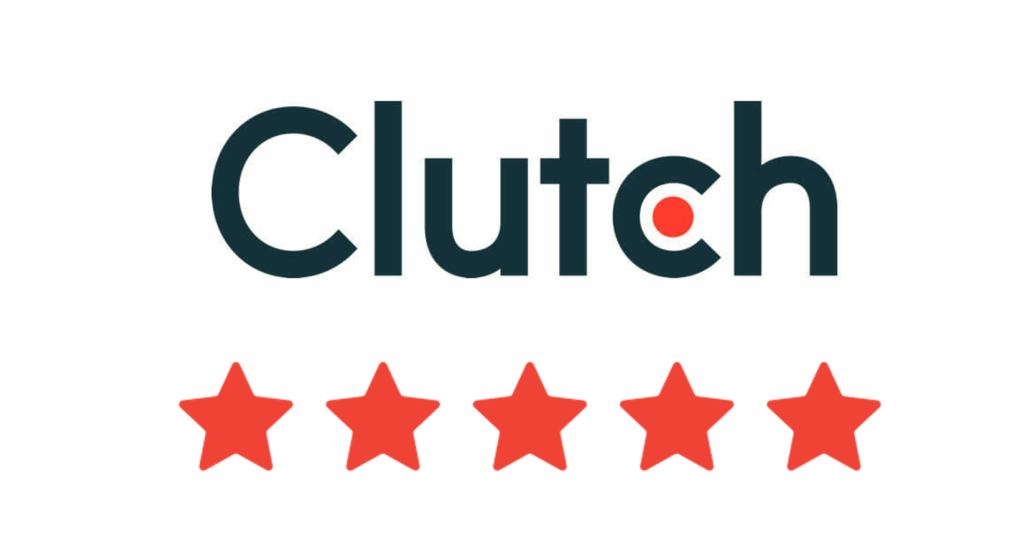Last Updated on 31/01/2025
Running a digital marketing agency is an exciting yet challenging endeavor. The rapid evolution of technology, shifting consumer behavior, and stringent regulations demand a proactive approach from marketers.
Success in this field isn’t just about creativity; it’s about adhering to certain rules that ensure your agency thrives while staying compliant with industry standards and legal frameworks.
An important regulation that digital marketing agencies must be mindful of is the Digital Markets Act (DMA), which lays down rules to foster fair competition and transparency in the digital ecosystem.
In this post, we will explore the essential rules that digital marketing agencies should follow to achieve sustainable growth and long-term success.
1. Understand the Legal Frameworks Governing the Digital Landscape
Operating in the digital marketing space requires a strong understanding of the regulatory environment. One of the most significant legal frameworks is the Digital Markets Act rules, designed to regulate the behavior of digital gatekeepers like large online platforms. For agencies, understanding this regulation is essential to maintain compliance and deliver fair services to clients.
The Digital Markets Act is a game-changer for the industry, emphasizing fair competition by curbing monopolistic practices. Agencies working with platforms categorized as “gatekeepers” under this act must ensure their marketing strategies do not violate the rules outlined by the regulation.
Ignorance can result in hefty fines or legal complications for both the agency and its clients. Additionally, keeping an eye on privacy regulations, such as GDPR, and advertising laws is critical to maintaining a credible reputation.
Having a legal expert or consultant can be a great asset for agencies, ensuring they navigate these rules effectively. In addition to legal considerations, understanding financial aspects such as capital allowances can also contribute to better operational efficiency. For info on capital allowances, businesses can explore tax benefits that may offset operational costs, helping to maintain a sustainable growth trajectory. Furthermore, staying updated on changes in these laws helps avoid risks that could otherwise jeopardize the agency’s operations.
2. Focus on Building Transparent Client Relationships
In the digital marketing business, trust is a cornerstone of long-term success. Agencies must prioritize transparent communication with their clients, providing clear and concise updates on campaign performance, budget allocation, and results. Miscommunication or withholding information can lead to mistrust and damaged partnerships.
Start by setting realistic expectations for clients. Overpromising may seem like a way to win business, but failing to deliver can harm your agency’s reputation. Instead, focus on delivering measurable results that align with the agreed-upon goals. Offering detailed performance reports and leveraging analytics platforms to demonstrate campaign success adds credibility and fosters trust.
Incorporating transparency into pricing models is another key consideration. Clients should have a clear understanding of where their money is going, whether it’s ad spend, platform fees, or agency commissions. This approach not only builds loyalty but also enhances client retention.
3. Stay Ahead of Trends and Technology
The digital marketing landscape evolves at lightning speed, with new technologies, platforms, and trends constantly emerging. Staying ahead of these changes is vital for running a successful agency.
Begin by adopting data-driven strategies to create campaigns that resonate with target audiences. Tools like AI search engines, AI-powered analytics, machine learning algorithms, and predictive modeling help refine targeting and boost campaign efficiency. Staying informed about social media trends and understanding new platforms such as TikTok or Threads ensures your agency remains relevant in an ever-changing environment.
Moreover, integrating automation tools into your workflow can improve productivity while reducing manual tasks. For instance, email marketing automation tools or CRM platforms can streamline client management, enabling the team to focus on strategy and creativity.
Encourage your team to participate in workshops, certifications, and online courses to sharpen their skills. Staying informed about trends also means understanding regulations like the Digital Markets Act (DMA) and ensuring compliance while leveraging new technologies. This dual focus on innovation and regulation ensures your agency remains competitive and avoids legal pitfalls.
4. Prioritize Ethical Marketing Practices
Ethics are fundamental to building a reputable agency. Prioritizing ethical marketing not only sets you apart from competitors but also ensures compliance with regulations. Avoiding manipulative tactics, such as clickbait or misleading advertisements, helps establish your agency as a trustworthy partner.
One of the key components of ethical marketing is respecting user privacy. With consumers becoming more aware of how their data is used, agencies must be transparent about data collection methods and ensure they comply with privacy laws. Opt for strategies that emphasize consent-based data collection and avoid intrusive tracking methods.
In addition to respecting privacy, ethical marketing involves promoting honesty in advertising. Be clear about what products or services can achieve, avoiding exaggerated claims that may mislead consumers. This level of integrity builds credibility and strengthens client relationships, an approach that can greatly benefit a pay per click agency.
5. Build Scalable Team and Processes
Scaling a digital marketing agency requires efficient systems and a capable team. Without scalable processes, it becomes challenging to handle growing client demands or expand into new markets.
Start by investing in talent that aligns with your agency’s vision. Hiring specialists for roles such as SEO, PPC, and content marketing can improve the quality of your campaigns. Providing ongoing training opportunities ensures the team remains at the forefront of industry trends and best practices.
Implementing standard operating procedures (SOPs) is another vital step in scalability. Documenting workflows, such as campaign setup, performance reporting, and client onboarding, enables your team to work more efficiently and reduces errors.
Additionally, consider adopting project management tools like Asana or Trello to streamline communication and task delegation. For better communication, you can also implement an internal SMS system to further streamline team coordination by providing quick updates, task reminders, and urgent alerts, ensuring a smoother workflow and faster response times.
Scalability also requires financial planning. Budgeting for tools, staff, and expansion initiatives while maintaining profitability ensures the agency remains sustainable during periods of growth.
6. Foster Creativity and Innovation
Digital marketing thrives on creativity, and agencies that fail to innovate risk losing relevance. Encouraging a culture of experimentation within your agency can lead to breakthrough campaigns that differentiate your clients from competitors.
Dedicate time to brainstorming sessions where teams can explore fresh ideas for campaigns, content, and visuals. Utilizing creative tools like Canva or Adobe Suite can also bring these ideas to life with professional-quality graphics and videos.
Additionally, focus on storytelling as a core component of your campaigns. Modern audiences value authentic narratives that resonate on an emotional level. Incorporating storytelling into strategies can boost engagement and brand loyalty for your clients. For example, tools like ChatGPT prompts for LinkedIn provide creative ways to draft compelling LinkedIn content, helping agencies stand out while crafting posts, messages, or client case studies tailored to specific audiences.
Don’t shy away from experimenting with new content formats such as interactive ads, augmented reality (AR), or live-streaming events. Staying on the cutting edge of creativity ensures your agency delivers campaigns that capture attention and drive results.
Conclusion
Running a successful digital marketing agency requires more than technical expertise and creative skills. Adhering to legal regulations like the Digital Markets Act, prioritizing transparency, and embracing ethical marketing practices are crucial components of sustainable growth.
Agencies must also stay ahead of technological advancements, build scalable processes, and foster a culture of innovation to thrive in a competitive landscape.
By following these rules, your agency can position itself as a reliable partner for clients, delivering exceptional value while navigating the complexities of the digital world. With the right strategies and a commitment to excellence, success is not just achievable it’s inevitable.




